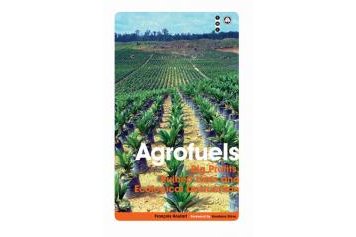Common property resource (CPR) management has long been a significant arrangement in many parts of rural Southasia, playing an important economic and environmental role at the grassroots. N S Jodha, who worked until recently at the International Centre for Integrated Mountain Development in (…)


